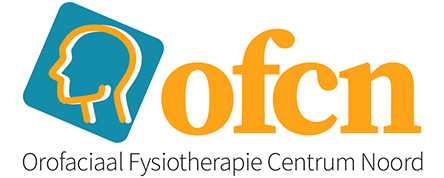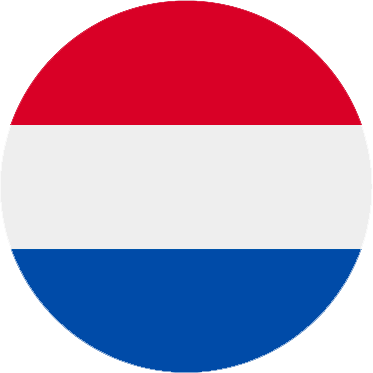With a blocked jaw you suddenly cannot open your mouth further than about 2 centimeters. The only thing you can do is talk, chew small pieces of food and drink. Brushing your teeth, yawning and eating is suddenly no longer so obvious. If you recognize the above, you may have a closed lock, also known as a stuck jaw or a trismus. A stuck jaw can be painful, but it doesn’t have to be. It is often very annoying in everyday life.
A closed lock, or a blocked jaw, generally occurs because the cartilage disc has shifted forward. In a normally functioning jaw joint, the cartilage disc lies on the jaw head. With a blocked jaw joint, it is located in front of it, causing the jaw head to be blocked on one side, preventing the mouth from opening further. We also call this arthrogenic TMD. Sometimes a restricted mouth opening can also be caused by muscles, the myogenic TMD. During the examination, as orofacial physiotherapists we can quickly find out whether your limited mouth opening is caused by the joint or by the muscles, or a combination of the two. In the case of a myogenic TMD, we can open the mouth further than you can do yourself.
Before the development of a blocked jaw joint, the closed lock, a snapping jaw joint is often already present. That is a jaw that snaps when opening the mouth, and sometimes snaps when closing the mouth.A closed lock can occur spontaneously, but also after trauma or dental treatment.
If you have a closed lock, try to use the jaw as best as possible and contact us as soon as possible. We will then try to guide you further in the recovery process, aiming for a normal, functional mouth opening again.




